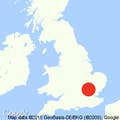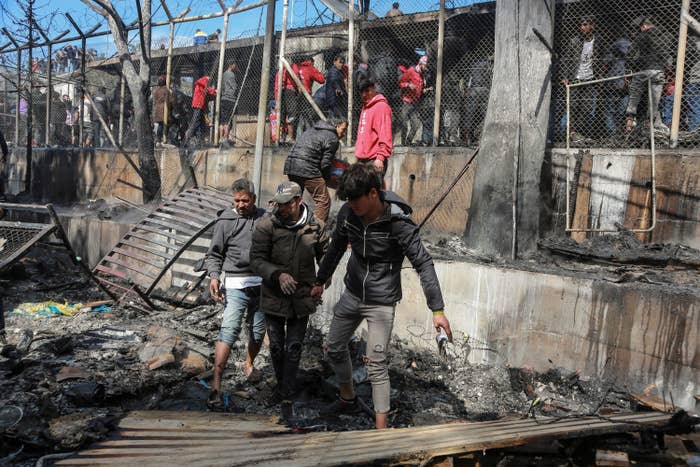
The journalists at BuzzFeed News are proud to bring you trustworthy and relevant reporting about the coronavirus. To help keep this news free, become a member and sign up for our newsletter, Outbreak Today.
LONDON — In Europe’s biggest refugee camp, social distancing is simply not possible.
There’s also no place to frequently wash your hands, and no access whatsoever to testing or medical facilities short of life-threatening conditions.
Aid groups are warning that the coronavirus could pose a catastrophic threat to people housed in Greece’s camps, and by extension, to everyone who lives in the country. Many people fleeing violence in countries such as Iraq, Syria, Libya, and Somalia arrive in Greece because of its position on the Mediterranean in southeast Europe.
Aid workers have been calling for years for the overcrowded camps to be evacuated because of the risk of the transmission of disease. The spread of the novel coronavirus makes this even more urgent. Greece’s government implemented a total lockdown this week in response to the coronavirus and called for residents to stay home.
The European Commission is working with Greece on an emergency plan to contend with a possible outbreak in the camps. Greece has reported 821 cases of COVID-19, the disease caused by the coronavirus, and 23 deaths. At least two of the cases are on the island of Lesbos, which houses the massive refugee camp of Moria, Europe’s largest. Moria was originally built in 2015 to house 3,000 people but is now home to some 23,000.
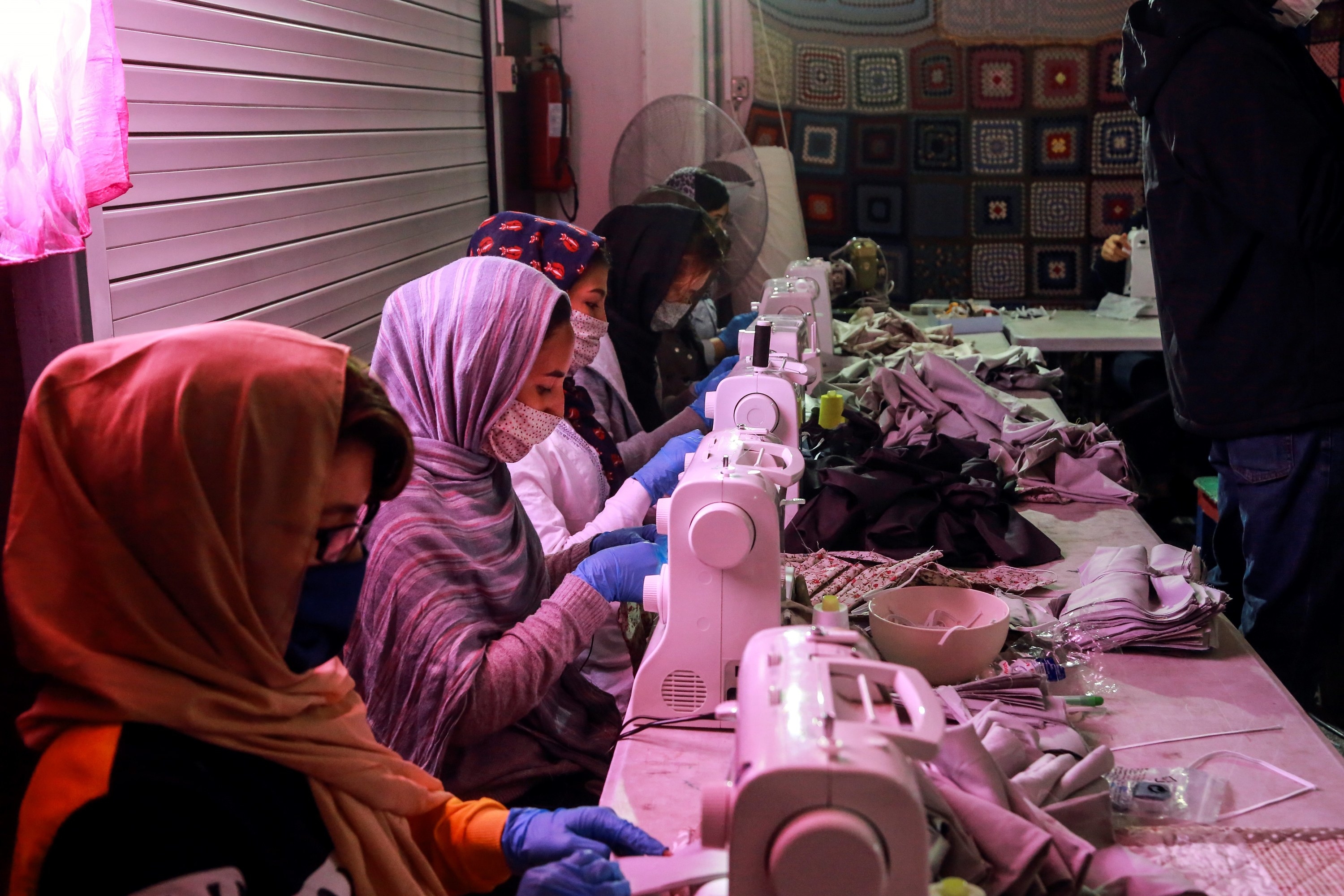
There are no documented cases of the coronavirus among refugees in Greece, but that is likely because there has been no testing. There are virtually no tests available to refugees in Greece — in fact, there are very few for the whole country’s population, say health experts.
Dozens of aid groups are calling with renewed urgency for the most vulnerable in Greece’s camps to be evacuated. Médecins Sans Frontières (MSF) has called for the urgent evacuation of Moria. The camps, the groups say, are a ticking time bomb for coronavirus.
The same logic holds true for all of the world’s refugee camps. Most countries in the world are now contending with the virus, and refugees, who often lack access to necessities like health care and water, will live through some of the toughest circumstances of the pandemic.
Total cases and deaths by country.
“When the virus hits overcrowded settlements in places like Iran, Bangladesh, Afghanistan and Greece, the consequences will be devastating,” Jan Egeland, secretary general of the Norwegian Refugee Council, said on March 16. “We must act now.”
George Makris, a medical doctor who is a coordinator in Greece for MSF, described the water and sanitation conditions in Moria and other camps in the country as “tragic.” His organization had tried to improve access to water, he said, but it has not been enough.
“The transmission of the virus cannot be contained there,” he said. “We have warned this repeatedly in the past in the context of other infectious disease outbreaks like meningitis and measles.”
“Our message is simple,” he added. “As health authorities are saying all mass gatherings are prohibited, mass containment should also be avoided.”
More than 40,000 refugees are scattered across camps on Greek islands, including Lesbos.
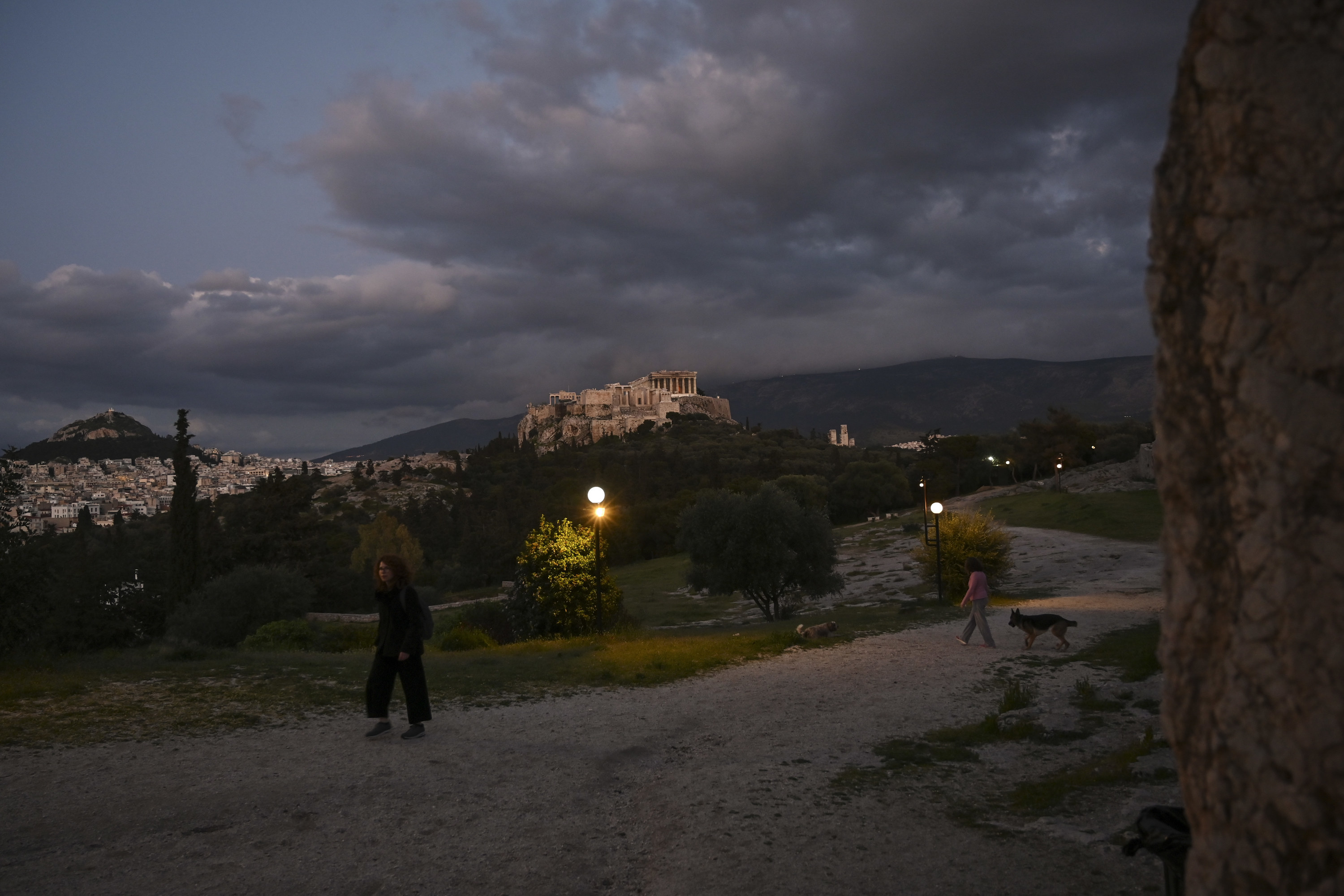
Just like elsewhere in Greece, the Greek government has suspended movement within camps. But given the unsanitary conditions, humanitarian groups say it will not be enough to hold off an outbreak.
“It’s true that the coronavirus is an equalizer because it doesn't care about ethnicity or social status,” said Epaminondas Farmakis, the founder of HumanRights360, an NGO that works with refugees in Greece. “But it also exposes the big gaps in terms of access to health care.”
Farmakis also said he was afraid that an outbreak would further stigmatize refugees, who are already accused by right-wing politicians of carrying disease into the country. In reality, he pointed out, it was Greeks who were traveling on holiday to Italy and Israel who are likely responsible for introducing the coronavirus to the country.
The overcrowding and other problematic conditions within the camps are what make them ideal spots for the virus to spread.
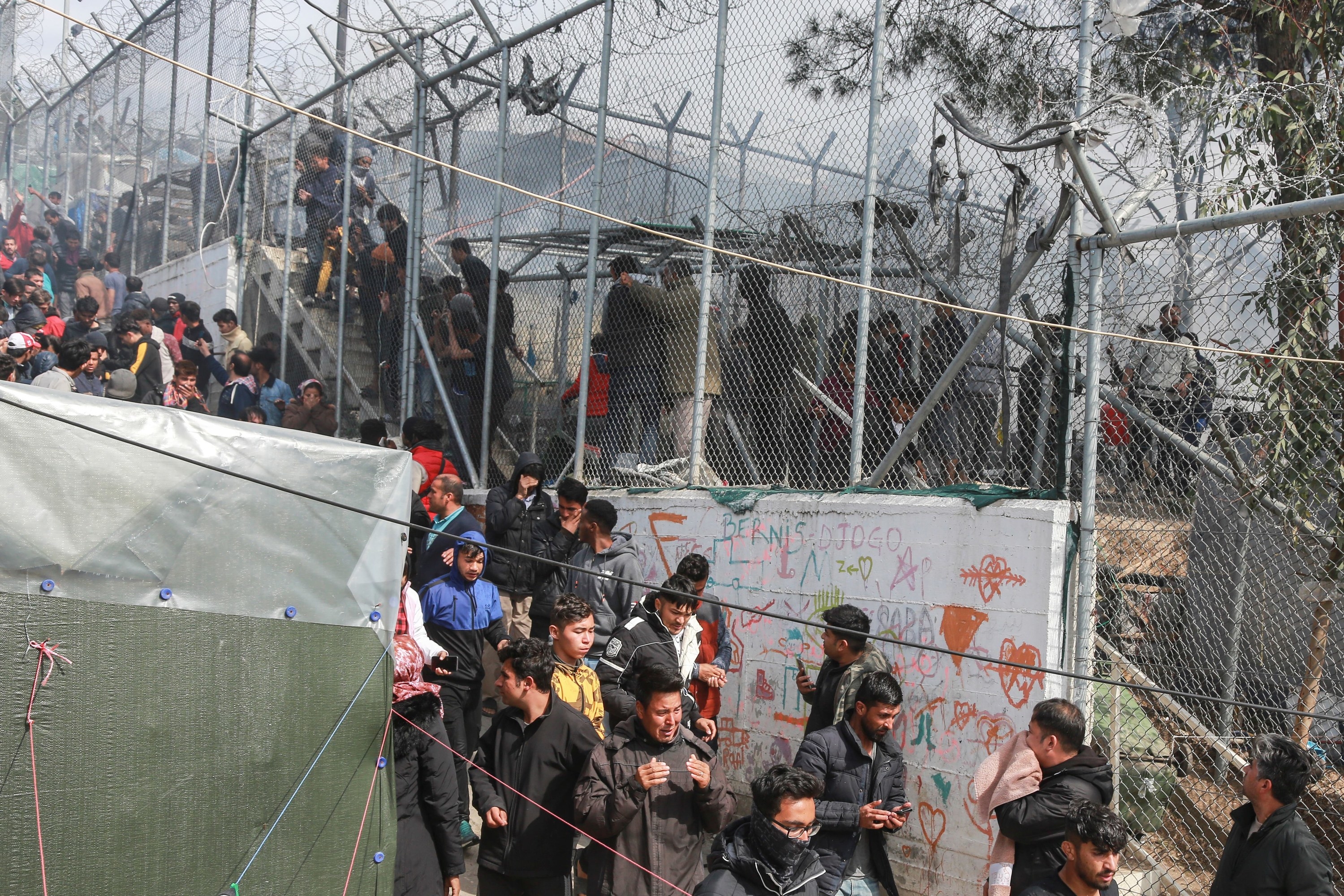
“In refugee camp life, wherever it is — Greece, Turkey, Lebanon, Jordan, Kenya — the sanitary conditions are the opposite of what is recommended,” said Amed Khan, the founder of Elpida Home, which works with refugees in Greece. “There is no way to keep a distance or wash your hands. You cannot do social distancing in a crowded refugee camp.”
“Even the models of the best camps are literally all a disaster in this scenario,” he added.
The Greek government has effectively imposed a daytime curfew within the camps, between 7 a.m. and 7 p.m., and closed some camps entirely. The curfew is enforced by police. New arrivals to the camps, who have not been subject to health checks in the past, are now being tested for fever.
“We’ve been literally saying the same thing since 2015 and it never happened. You cannot keep human beings in close quarters like this,” said Khan. “The people are going to pay the price for it.”●

